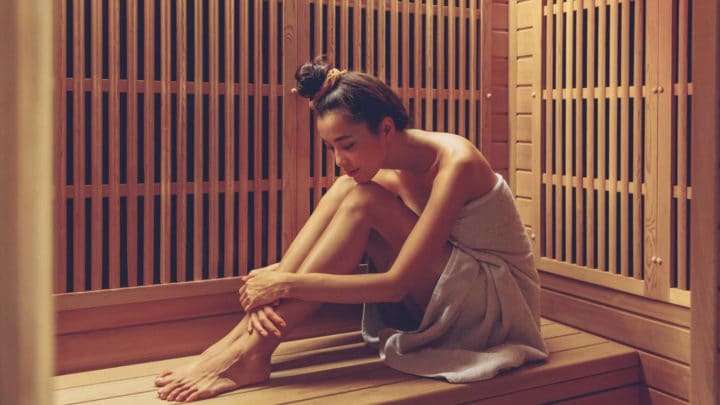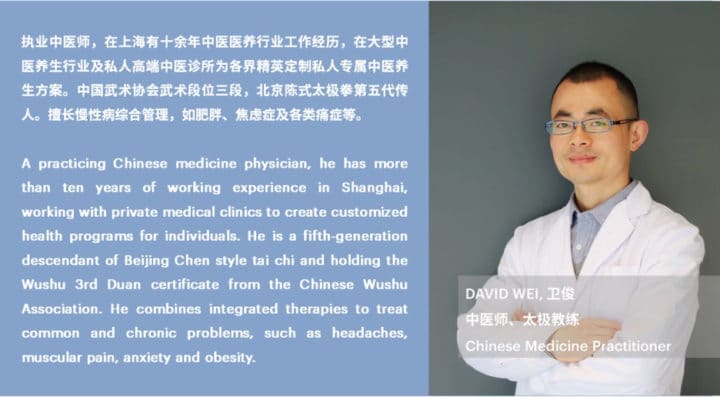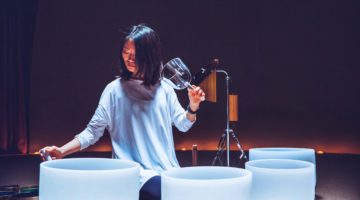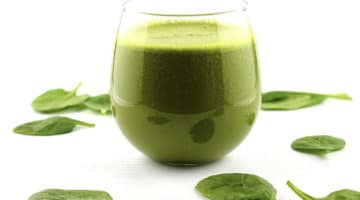Beauty Secrets Unveiled with SANGHA Retreat
August 10, 2021 by Hidden Doorways
“OCTAVE TIPS” is a new column from Octave Institute, who oversees the immersive wellness retreat, SANGHA Retreat set in Suzhou, China. Learn top lifestyle tips from their wellness experts in an easy and accessible way, advising on everything from diet, breathing, sleep, exercise, mindfulness, and healing, helping to foster a happy, healthy and comfortable attitude to life and way of living.

OCTAVE TIPS: DISCOVER YOUR BEAUTY ACUPOINTS
The road to achieving beauty and a radiant complexion is not always easy but ancient Chinese Medicine practices help to nourish our bodies. As we naturally gravitate towards luxurious organic skin care products, these products tend to treat the symptoms rather than heal the root of the problem. The root of the problem stems from factors such as overtime at work, staying up late and a lack of exercise gradually makes our skin dull with a general lack of vitality. To help you age gracefully, it is important to look inward at our body’s health and be aware of insufficient levels of qi and blood.
01 Building Awareness Around The Lack of Qi and Blood
Severe hair loss: according to traditional Chinese medicine, one of the most obvious manifestations of insufficient qi and blood is hair loss. As well as hair loss, yellowing of the hair and split ends also cause it to become frizzy. If your hair is still thick and dark, it means that you have plenty of qi and blood.
Yellow skin: the face is one of the main areas where the Stomach Meridian of Foot-Yangming passes. Of the three Yang meridians, the Stomach Meridian of Foot-Yangming is full of qi and blood. Generally, people with sufficient qi and blood will have elastic, dewy skin. If the skin becomes darker and more yellow, pores become larger or blood spots start to appear, these are all related to insufficient qi and blood.
Tired eyes: without proper rest, the eyes will appear bloodshot and dry; clouding or yellowing of the white of the eye is also indicative of a lack of qi and blood. In addition, deep dark circles and large bags under the eyes are not only signs of aging but also that the body lacks qi and blood.
Cold limbs: cold feet and hands or the hot, sweaty palms, which become more obvious in winter, are manifestations of a lack of qi and blood. On the contrary, warm hands and feet and a lack of chills are signs of sufficient blood.
Insomnia and more dreams: people with insufficient qi and blood often suffer from insomnia or have difficulty falling asleep, and are more likely to have nightmares, wake up in the middle of the night, drool and snore. By observing their dark circles, their mental state can be judged.
02 Understanding Signs of Insufficient Qi and Blood
A sedentary lifestyle: sitting for a long time and a general lack of exercise affects the generation and circulation of qi and blood.
Irregular meals: an imbalanced or sporadic approach to eating damages the spleen and
Stomach; treating snacks as a staple food can lead to malnutrition.
Late nights: frequently staying up late and irregular sleep can affect the blood.
Overwork: due to work or other reasons, and not taking proper rest.
03 Methods to Help Recuperate
If you want to replenish your qi and blood levels, in addition to eating beef, jujube, rice field eel and other foods that nourish your qi and blood, you can also try massaging these specific acupoints.
Zusanli
Zusanli is the most important acupoint for health preservation and health care. Traditional Chinese medicine believes that massaging Zusanli can regulate the spleen and stomach, invigorate your qi and clear the meridians.
Location: three inches below the outer knee
Method: when massaging, press and knead with the index finger and middle finger together clockwise 200 to 300 times.
Xuehai
The Xuehai acupoint is the gathering place of the spleen blood. It can generate blood flow, regulate the blood and draw new blood. Xuehai is good at regulating gynecological blood diseases and is the main point for treating gynecological issues and skin diseases.
Location: on the inside of the thigh by the upper corner of the kneecap; you might feel pain with a light touch.
Method: place the pad of thumb on the Xuehai acupoint, using a firm touch, rotate and knead it for three to five minutes until there is obvious soreness in area. Every morning from 9am to 11am is a good time to massage the Xuehai acupoint as this is when the body’s qi and blood flow strongest.
Sanyinjiao
Sanyinjiao belongs to the Spleen Meridian of Foot-Taiyin. It is an ideal point for promoting blood circulation and for nourishing the blood. Pressing this point can regulate menstruation and maintain the uterus, and has an impact on the skin, too.
Location: on the inside of the lower leg, about three inches above the bony bump on the inner side of the ankle – it is not difficult to find.
Method: rotate and knead the thumb on the Sanyinjiao acupoint for one to three minutes, once in the morning and once in the evening every day.

Contact:
SANGHA Retreat by OCTAVE Institute
199 Yang Cheng Ring Road
Jiangsu Province 215000
Suzhou, China
Telephone: +86 (512) 6788 1888
Website: www.sangharetreat.com


